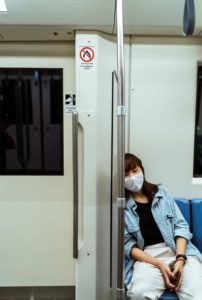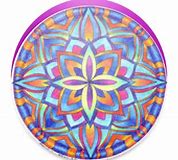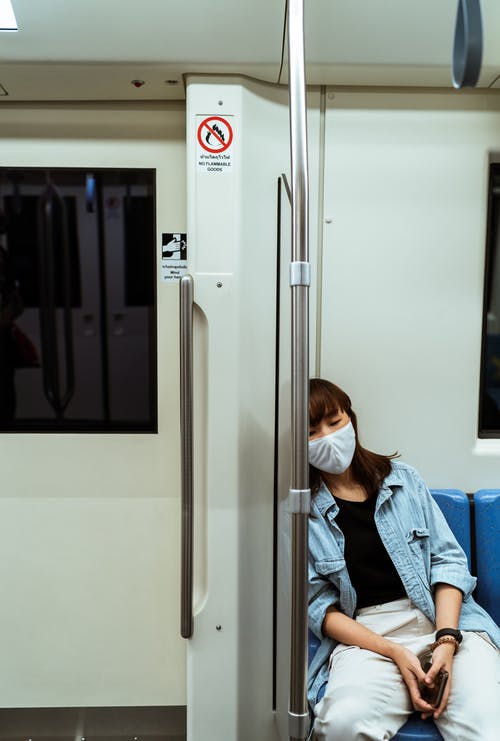
Always on the lookout for ways to be more resilient to this pandemic, I recently found this excellent article by Erin Heger, a healthcare freelance writer.. Knowing how important our sleep is to our wellness effort, I have included a couple additional tips at the end that have proved helpful to me at times.
“Whilst public health initiatives focus on masks and social distancing, researchers are investigating how circadian rhythms, and even time of infection, may determine the spread and severity of Covid-19
Sleep is a critical part of overall health and the amount of rest you get each night plays an important role in how well your immune system functions. Inadequate sleep can increase your risk of getting sick and make you more susceptible to complications from infections and diseases, including Covid-19. In fact, emerging research on Covid-19 and sleep shows how circadian rhythms may play a role in who gets Covid-19 and how the disease manifests.
How do circadian rhythms affect the immune system?
Circadian rhythms do a lot more than help you sleep. Nearly every cell in your body is controlled by its own circadian clock, helping to regulate all kinds of bodily functions, including how your immune system responds to disease.
Synchronized cellular clocks in vital organs like the heart, lungs, kidney and brain keep your body working efficiently. If these cycles are misaligned, many aspects of your health can suffer, making it harder for your body to fight and defeat a virus.
Not only can circadian dysregulation make you more susceptible to illness, but circadian rhythms could also influence the time of day you’re most likely to get sick. A 2016 study published in the Proceedings of the National Academy of Sciences suggests that circadian rhythms may affect the ability of a virus to duplicate and spread to more cells.
Researchers infected mice with the herpes virus at different times in the day to test whether circadian rhythms affect susceptibility to infection. The virus replication was 10 times greater in the mice that were infected at the start of the day (when the nocturnal animals were starting to rest) than in the mice that were infected later in the day. The results suggest circadian rhythms play a role in controlling the spread of viruses, but more research is needed to determine how this might translate to humans.
What does this have to do with COVID-19?
A recent study published in the European Respiratory Journal suggests that insufficient sleep and circadian rhythm disruption could make someone more susceptible to contracting Covid-19 or more prone to experiencing complications from the disease.
A misaligned circadian rhythm can disrupt ACE2 receptors — the protein on the surface of cells that the coronavirus binds to when entering the body, says Dr Miguel Meira E Cruz, one of the study’s authors. A disrupted circadian rhythm could make it easier for the virus to bind to the ACE2 receptors and spread.
“We also know that lack of sleep or disturbed sleep impacts the [body] clock and therefore either by a direct influence of sleep or an indirect influence throughout the circadian clock mechanisms, poor sleep may negatively impact the pathogenicity of this virus,” Cruz says.
More research is needed to determine the overall effects of circadian rhythms on Covid-19, but the study does suggest that those with disrupted circadian rhythms, like night shift workers, could be at greater risk. People with other types of medical conditions that affect sleep, like insomnia or sleep apnea, are also potentially more at risk for Covid-19 infection and severity Cruz says.
Should this change our approach to the pandemic?
Public health officials have called for washing hands regularly, keeping six feet of distance from others and wearing a mask to combat coronavirus, but sufficient sleep is also a crucial part of the equation and may help prevent some people from developing complications from the virus or even contracting it at all.
In particular, immunocompromised patients, or those with underlying medical conditions that put them more at risk of developing complications from Covid-19 may benefit from adequate sleep and aligned circadian rhythms, Cruz says.
Not only do circadian rhythms influence the immune system, but the timing of drug delivery based on someone’s body clock can actually impact the drug’s effectiveness, suggesting that the timing of when someone receives a vaccine may also impact how well that vaccine works.
How can I improve my circadian rhythm and protect my health?
While no amount of sleep can ensure you won’t get sick with Covid-19 or anything else, there are ways to focus on sleep health and optimize your circadian rhythms.
When and how you expose yourself to light plays a key role in regulating your circadian rhythm — sending your brain signals about when it’s time to be alert and when it’s time to rest. Your circadian rhythm is also likely to work best when you have regular sleep habits, so to keep your body clock aligned, try these sleep hygiene tips:
Go to sleep and wake up around the same time each day.
Set a bedtime for yourself if that’s helpful. This will help reset your body clock and establish sleep patterns.
Exposure yourself to natural light early in the morning and throughout the day.
Move your body daily. Research shows that exercise promotes circadian rhythm synchronization and reduces the risk of chronic disease.
Sleep in darkness, and limit screen use in the evening. Blue light has the same effect on your brain as natural light — encouraging alertness when you should be winding down.”
Some additional ideas:
State the following affirmation: “Why do I easily fall asleep?”
Drink some “Sleepy Time” tea before bedtime
Listen to relaxing music (versus the news) before bedtime
Avoid caffeine, alcohol, nicotine, and other chemicals that Interfere with sleep
Lighten Up on Evening meals/eating and fluid intake
Try taking some Melatonin
Incorporate a “white noise” machine
Find a way to rest/sleep well, Warriors–it’s an important part of your wellness journey. Progress, not perfection.
Corona Humor: What did the man say to the bartender? I’ll have a corona, hold the virus.

